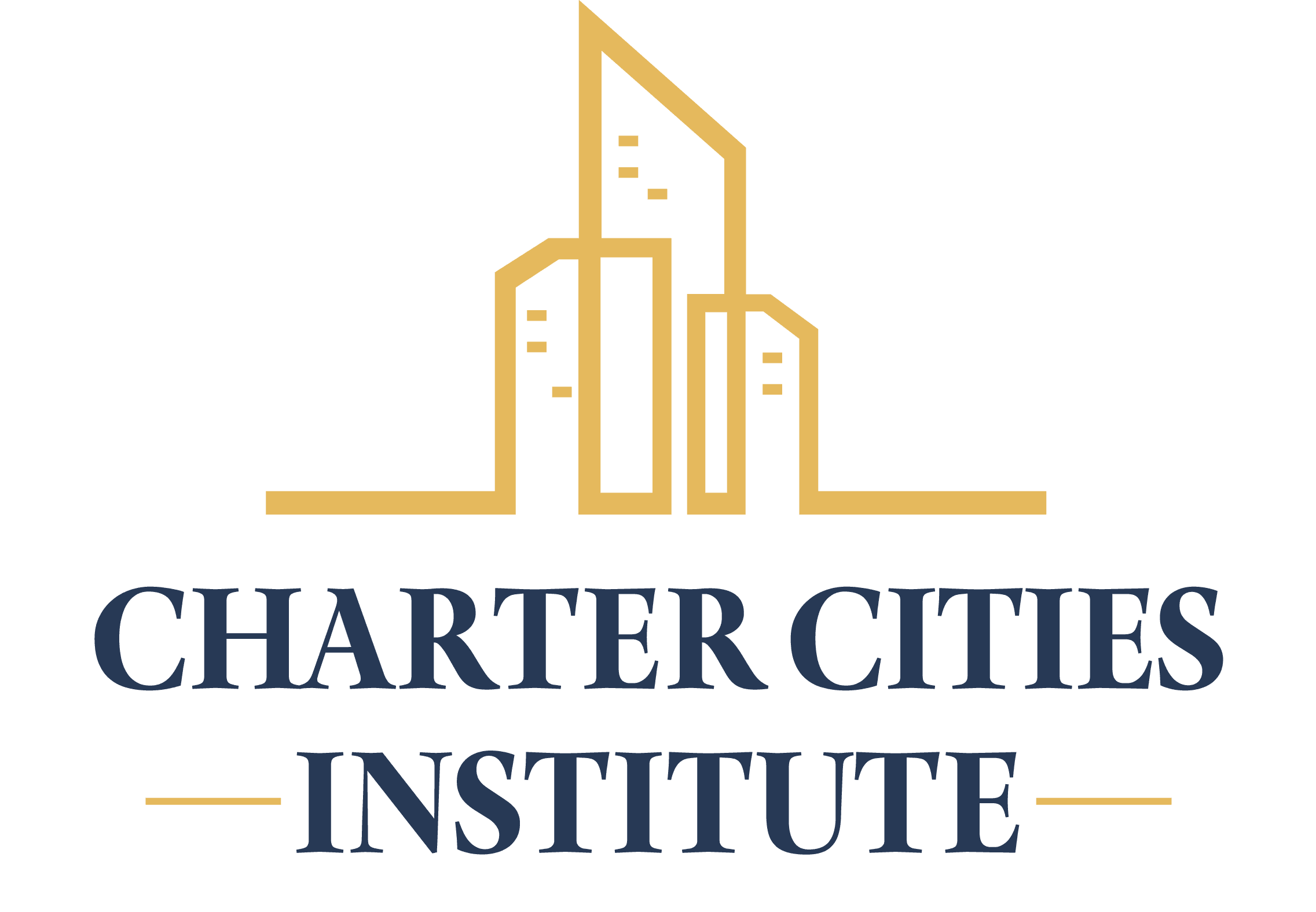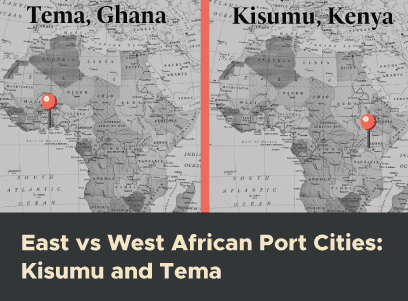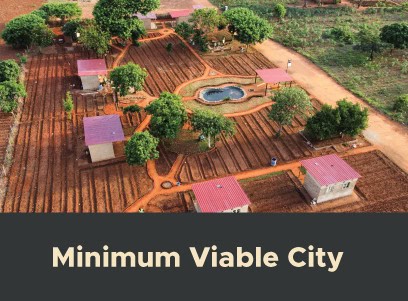New Research Hub Focused on Educating the African City Builders, Urban Planners, and Municipal Leaders of Tomorrow using Innovative Approaches to Urban Development.
March, 2024
The Charter Cities Institute (CCI), in collaboration with the United Nations Human Settlements Programme (UN-Habitat), has announced a significant partnership to develop the Africa Urban Lab (AUL) at the new Africa School of Economics (ASE) campus in Zanzibar.
Through the Africa Urban Lab, this strategic partnership will deliver continent-leading education, conduct real-world training with urban professionals and policymakers, and carry out frontier research on rapid urbanization across the continent. The Africa Urban Lab will also examine more innovative approaches to grappling with Africa’s massive urban expansion over the coming decades, including the role charter cities and new city developments can play. The AUL is aligned with the Sustainable Development Goals (SDGs), particularly Goal 11, which focuses on creating inclusive, safe, resilient, and sustainable cities.
The Memorandum of Understanding (MoU) between UN-Habitat and CCI signifies a formal and substantive partnership to support the ASE-Zanzibar campus’s growth and the establishment of the AUL. The work of the Africa Urban Lab will help ensure that the ballooning growth of African cities brings about the benefits of density rather than the density’s downsides (crime, congestion, and contagious disease, among others).
Key aspects of this partnership include:
- The launch of the Africa Urban Lab at the ASE Zanzibar campus.
- Provision of educational support through experienced teachers, guest lecturers, and knowledge exchange.
- Offering apprenticeship placements for AUL students and program participants to enhance practical learning experiences.
- Channeling city officials and urban leaders from across East Africa to take part in the AUL’s educational programs.
- Initiating research collaborations, conferences, and events aimed at urban development and creating opportunities for policy discussions and workshops in order to share lessons learned.
Speaking on the partnership and the establishment of the Africa Urban Lab, CCI’s Executive Director, Kurtis Lockhart said, “This partnership with UN-Habitat will go a long way to ensuring the high-quality education that will be available through the Africa Urban Lab here in Zanzibar reaches the urban policymakers, urban planners, and urban leaders who would benefit most from the program. UN-Habitat is one of the foremost institutions involved in helping the continent grapple with the astoundingly fast urban growth across Africa. We’re very excited to have them as a partner.”
This partnership represents a commitment from both UN-Habitat and CCI to foster frontier urban education, effective urban planning, and growth-enhancing urban development in Zanzibar, East Africa, and beyond. By bringing together resources, expertise, and a shared vision, the AUL is poised to become a leading center for urban development research and education in Africa.
About Charter Cities Institute (CCI):
CCI is dedicated to empowering new cities with improved governance to lift millions out of poverty. It is committed to building an ecosystem for charter cities through the creation of necessary frameworks, advising stakeholders, and fostering global partnerships.
About UN-Habitat:
UN-Habitat, headquartered in Nairobi, Kenya, is the United Nations program working towards a better urban future. As the lead agency for human settlement activities, it is focused on implementing the SDGs, particularly in urban areas, and promoting sustainable urban development globally.
About the Africa School of Economics (ASE):
Since its inception in 2014, ASE has grown into a Pan-African institute of higher learning, renowned for quality research and education, aiming to produce the next generation of scholars, policymakers, and entrepreneurs in Africa.
For more information about this collaboration, the AUL, or other inquiries, please contact the CCI’s Head of Communications, Michael Holstein ([email protected]).







